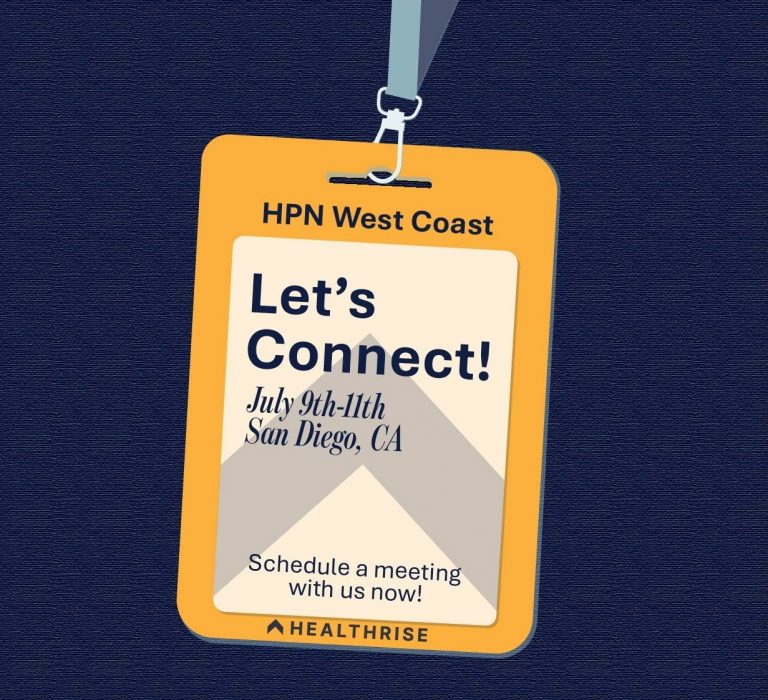

Credentialing is a critical process that ensures only safe and qualified caregivers are verified and hired. Without robust processes, your organization could be at heightened risk.
Credentialing of physicians and other clinicians is a process that often happens in the background, without receiving much attention until something goes wrong. This careful process of collecting documentation of insurance, license, board certification, NPI letter, background checks, and a long list of other items can often total as many as 50 documents. The process is much the same for physician assistants and advanced practice nurses.
Thorough credentialling is legally required before providers can provide patient care. This is often the most time-consuming part of the hiring process, which can take 90 to 120 days. The slower an organization’s downtime is, the longer the position is going unfilled. In today’s physician-shortage environment, there is a lot of pressure to complete the credentialing process more quickly – leading to the possibility of omissions and errors.
Why is the Credentialing Process so Vital?
Trust
Patients are inherently placing a lot of trust in their caregivers when they enter a hospital or clinic. They are trusting that the physician(s) they are seeing are educated, trained, and qualified in their areas of expertise. This trust also reflects on the healthcare organization as a whole and its reputation in the community if a physician is found to be fraudulent or unqualified.
Litigation
Physicians are already aware of the litigious nature of their profession, and organizations shell out a lot of money for malpractice protection each year. In the case of a negligence claim towards a physician, the organization is somewhat protected if they have thorough records that they verified the required credentials.
The first step in a malpractice case is to prove that the physician made an error, and the focus will quickly turn to credentialing records.
Payer Relations
Before physicians can bill any payers, credentialing information must be submitted with their application. If something is not done correctly, claims will be denied and revenue will be lost.
Three Common Credentialing Mistakes to Avoid
-
Working with outdated provider information.
While some information collected from a physician is static, other pieces are very time-sensitive. Of particular concern, reports about previous disciplinary actions or malpractice claims tend to move through reporting entities at a slow pace.
The National Practitioner Data Bank houses such information, such as suspensions, malpractice awards, loss of privileges, and court judgments, however, it does not contain information about investigations that were closed or inconclusive. Previous employers should be contacted and verified as well.
-
Missing primary source verification documents.
Some pieces of information are so vital, that The Joint Commission and other hospital accrediting bodies require primary sources. A primary source is the body, organization, or person who issued the information, and verification should be in writing, through telephone verification, or through a website.
The following types of information are the minimum for which a hospital must obtain primary source verification. Some require more per policy, or due to state law.
- Medical school diplomas
- Specialty training or residency certificates
- Licenses to practice
- Registration with a medical counsel
- Professional credentials are required as a basis for specific privileges.
- Data Entry Errors
Most of this information is warehoused in a computer system via data entry. Human error is a common occurrence, and a single detail can jeopardize the integrity of the entire provider credentialing process.
Healthrise provides a suite of products designed to support healthcare organizations in key processes. Whether the need is in revenue cycle support, clinical staffing optimization, preventing claims denials, or EHR implementation, Healthrise can help. To find out more about our solutions, contact us for a consultation.



